Lower Levels in Little Rock Lake: Fish Lose Habitat, Hiding Spots
1Trees near lake shores have got it made. A nice view, plenty of sunlight and largely little competition. But stressors weaken the lucky saps over time. Soil erosion, insect infestation or a smoldering blaze can expose roots or leave them tilting. Eventually they fall, landing in the lake they once shaded.
The downed trees become structures around which algae and aquatic insects can live, which is great food for fish. And the trees can serve as a hiding place when fish flee from predators. But if lake levels go down, all the gains in coarse woody habitat are lost.
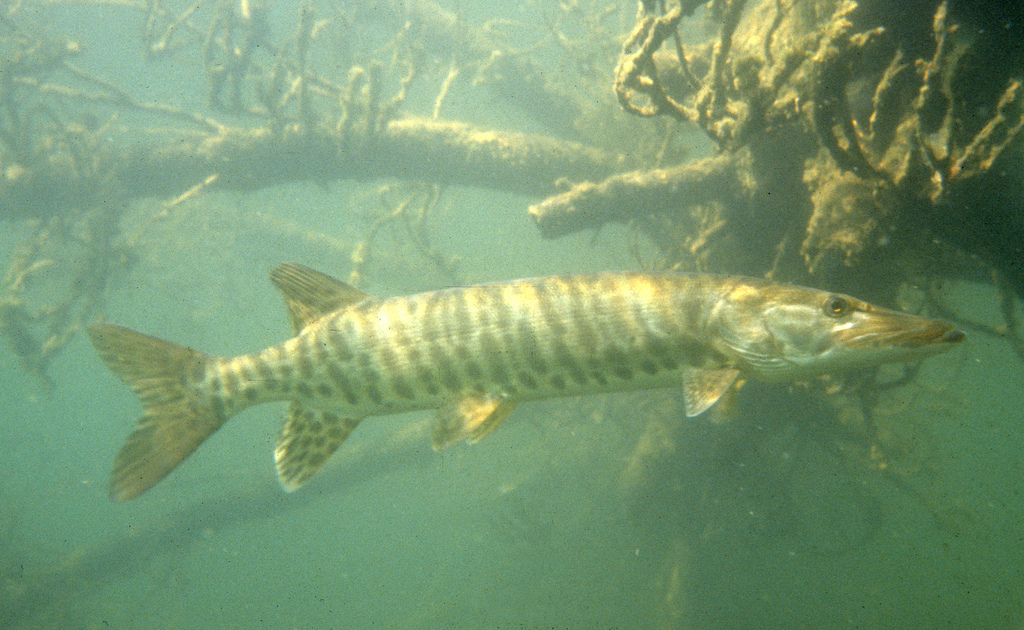
A musky swims near a downed tree. (Credit: Wisconsin Department of Natural Resources)
Researchers at the University of Wisconsin studied Little Rock Lake during a period of prolonged drought – 2001 to 2009 – that saw water levels drop across the state. In Little Rock Lake, a reservoir, the water dropped three feet. Nearly all of the habitat created by downed trees – 75 percent – went with it.
According to the lead author of the study, Jereme Gaeta, this habitat loss placed fish directly in the “foraging arena” – an area with little shielding habitat where they had to compete directly with predators.
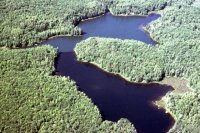
An aerial view of Little Rock Lake. (Credit: Wisconsin Department of Natural Resources)
The researchers saw a marked decline in the lake’s perch population – the species reached near-undetectable levels. And populations of bass, the main predator feeding on them, began to founder as shown by slower growth rates. With perch dying out, bass turned to other prey species, like dragonflies or shrews. The bass worked harder to catch the smaller prey, and the payoff just wasn’t as big.
Unfortunately a recent resurgence in water levels across Wisconsin doesn’t necessarily mean a quick rebound for fish in Little Rock Lake. A study by the same research team simulated rising water levels and restoration of the woody habitat. But there wasn’t an immediate population boom. It looks like full recovery will take time.
Given the likelihood of increased drought conditions and lower water levels due to predicted climate changes, findings from both studies may help future researchers assess impacts to lake fish populations on a broader scale.




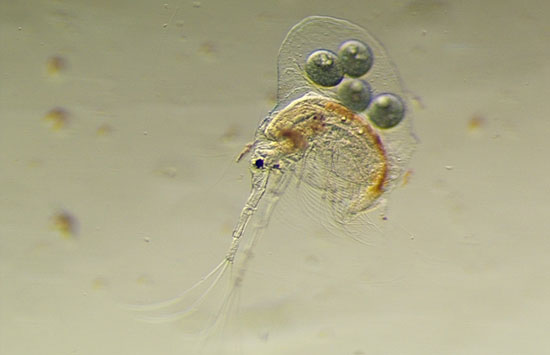
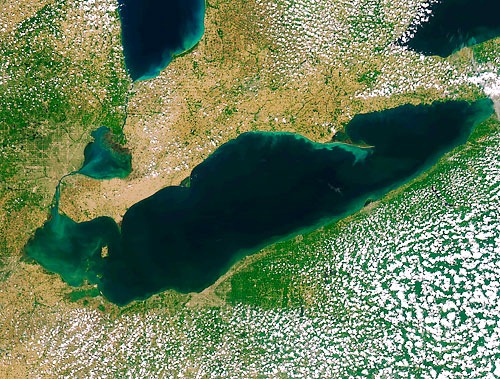

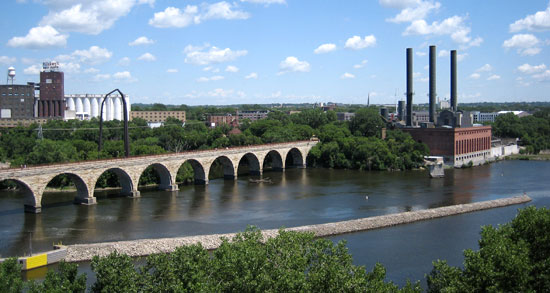

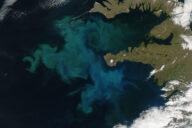
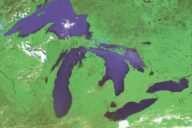
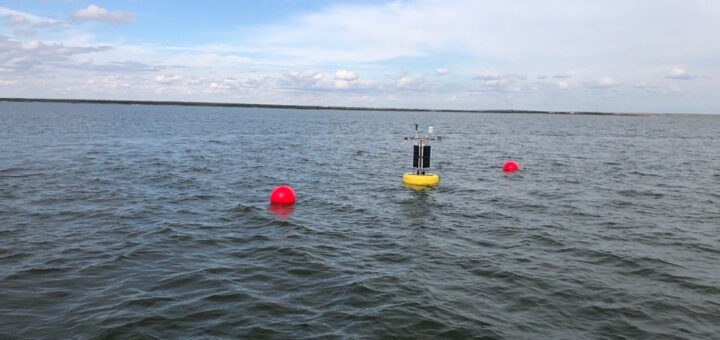
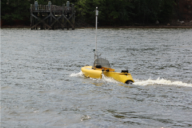

[…] loss of fish habitat; […]